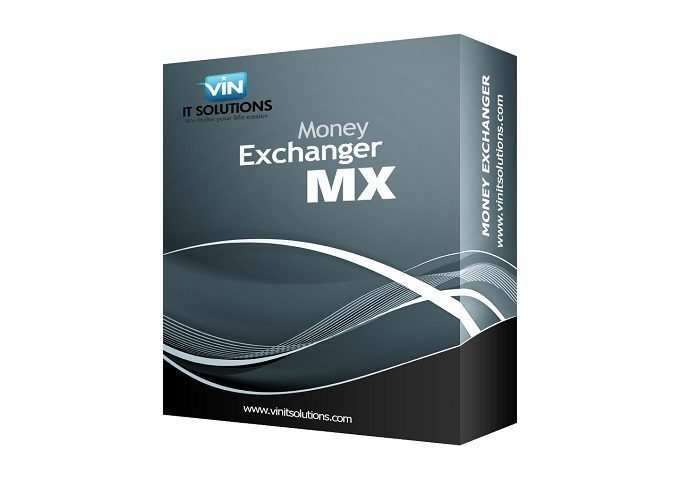Migrant Workers, Money Transfers and Technology
Technology creeps into our lives, transforming who we conduct our lives, our businesses, even our interactions with family and friends. Our mobiles have become a lifeline, at times, for reaching out and seeing the face, and hearing the voice, of a loved one who is thousands of miles away. What a joy this technology is. On less emotional terms, the technology on our mobiles can make our everyday lives easier. We can send a few pounds to a friend in need, pay our bills, as well as transfer our money from and to different accounts. All the while having a cup of coffee at your favourite cafe on the corner, watching the world go by.
Ah, live is good. Now imagine that you have loved ones living in another country. A country that is not as rich in resources and opportunities as in the UK. Loved ones who count on you to send them money, on a regular basis, so that they may live a slightly better life. Now technology just got a lot more exciting and helpful. It has become a vital lifeline for many families of migrant workers in the UK.
For many years, money transfers to another country was a day long affair. Going off to the bank or brick and mortar shopfront that caters to money transfers. The paperwork and the information needed to make that transfer happen was astounding compared to what we have in the way of software and technology. We can’t forget the costs either. The bank fees and currency exchange fees – it was expensive.
For customers who need to send money out of the country, advances in mobile technology is helping to make the transfers easier and less expensive. Customers now have more choice. Using a smartphone, with just a few swipes, their money can be sent. The mechanics of money transferring is becoming more convenient and secure. It is also driving down the costs, which is of great benefit to all, especially migrant workers who want to send as much money as they can to their families while still being able to live and work in the UK.
Money transfers, according to the World Bank, is a vital lifeline for many and is worth almost $500 billion annually. There are approximately 700 million people globally who are supported by money transfers. Incredible numbers to think about. We are truly a global village and technology is making the art of reaching out easier.


